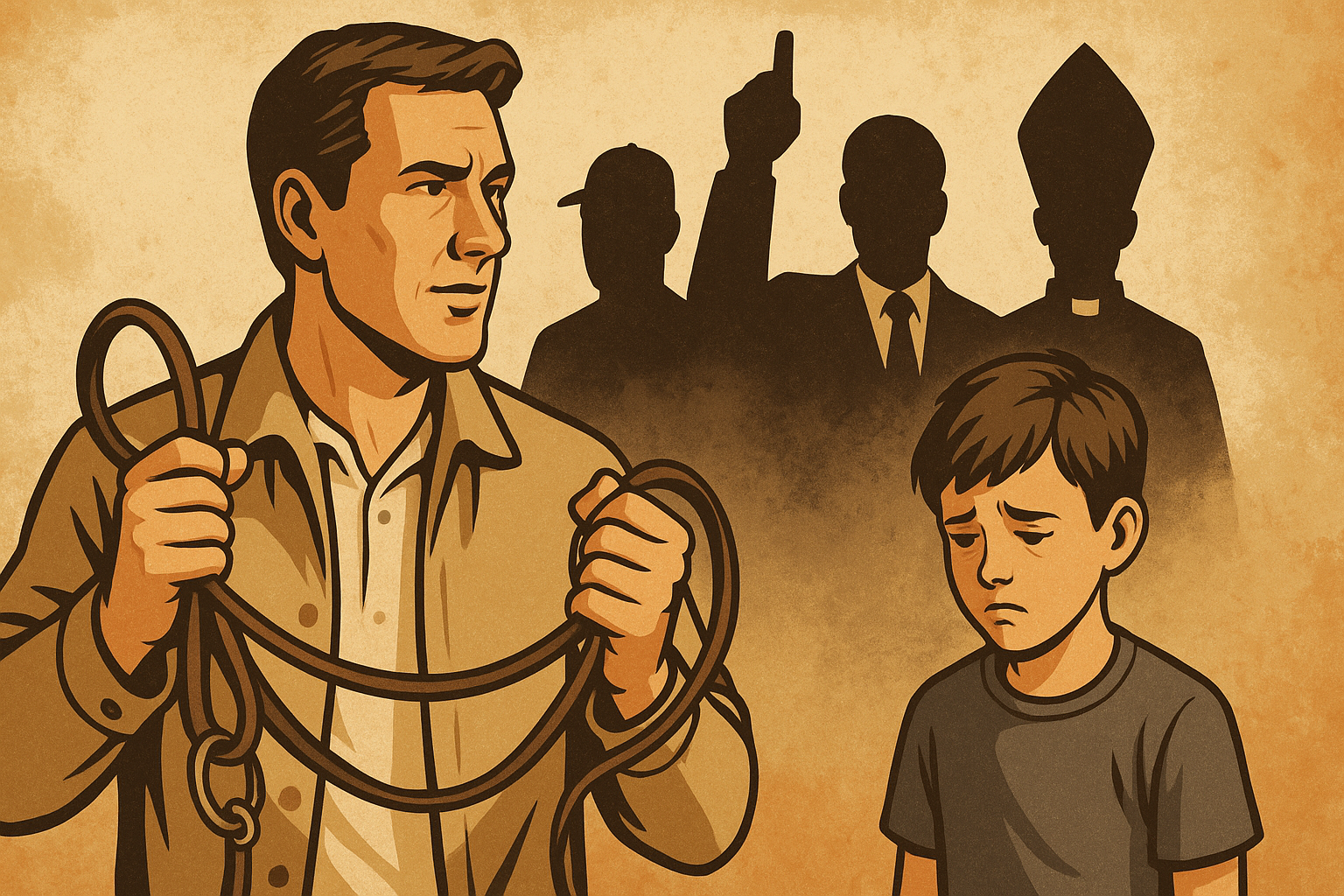Nobody ever beat themselves up to a better place. Then why do I keep doing it? When I was a young 7th grader in junior high, I played basketball for the junior high team. I was good enough to be one of the starting five. However, every time I made a mistake, I magnified the error and would verbally beat myself up running up and down the court. Getting down on myself only contributed to an even worse result in play and eventually, I was sitting on the bench. Ultimately, beating myself up increased my discouragement and eventually, I was cut from the team. In truth, I never figured out how to change this pattern until many years later while in recovery from addiction. Yet, still I struggle with this self-denigrating behavior! What the heck?
It seems really common for people to create a bad relationship with themselves. It seems commonplace for many to get down, to denigrate and think bad of themselves. We seem prone to be hard on ourselves. An obvious observation would be that when I make a mistake I would shed a tear as if I was my own beloved child and was sad to see me do these things to myself. Yet, many of us beat ourselves up instead and live a guilt-ridden life. Someone surmised that guilt reminds me that I am not sociopathic—that at least I care when I have hurt someone else. Once guilt has served its purpose then it no longer has value and should be discarded. Easier said than done!
Often, guilt is accompanied with shame. Many agree that guilt says I made a mistake and shame says I am a mistake. Even if we agree on that, then what? Both pervade and stalk me and become my constant “friend” when I am stuck in feeling down. So the question about how do I do my best when I feel so down becomes how do I manage shame and guilt. I don’t know of anyone who does not have to address these two powerful feeling experiences who is not stuck in pathological behavior.
I have discovered that an appropriate response to guilt and shame is to stalk both powerful experiences. Like a pack of wolves that chase me through the woods, shame and guilt relentlessly pursue with negative self talk. Only when I turn around and face the wolves, negative condemnation, am I able to deflate the power of shame and guilt’s message. I then discover that the power of its message is like paper-mache which appears solid on the outside but when exposed is only hollow and illusory on the inside.
When I am feeling down and dominated with guilt and shame, there are 3 important steps to take:
1. Cultivate compassion toward yourself. When you get hooked by your own guilt and shame, you won’t be able to have compassion for others at the deepest level without knowing and practicing compassion for yourself. Take time to recognize where you feel the guilt and shame in your body. Shame and guilt can be cloaked with other feelings and can go unrecognized by those who have not practiced being mindful to their emotions or who are disconnected from their body.
Cultivating self-love will require that you recognize the negative message and the original voice who spoke this message to you. This message may have been spoken to you or you may have learned it by the way you were treated. To cultivate compassion, it will be important to keep the negative message away from your sense of self. This will require that you scrub the wound of the shameful message that you have carried throughout your life from your family of origin and gets triggered by present behavior. You do this by grieving the message given to you by a primary caregiver (parents) and practice giving it back to them. Seldom is this one and done, rather an ongoing practice of message recognition and giving back the message and embracing your own self empowerment and self compassion. Most people need to practice “giving back” these hurtful messages about self to the original source throughout their entire life.
2. When you have carried out a shameful behavior, direct the shame and guilt to the behavior and keep it away from your sense of self. It is important to recognize that the behavior is an aberration to who you are—not who you are. When you allow yourself to believe that what you did is who you are, you smear the shameful message all over your sense of self. This always scars and mars your view of yourself.
When you separate yourself from hurtful behavior that you did, you are able to transform the energy of shame about the behavior into one of compassion to the one you hurt because you have rooted your belief about yourself with self-care and compassion.
3. Practice ignoring negative self-talk by acting on positive belief about yourself. To believe means to act. When you are stuck feeling down about yourself, it will be difficult to act on positive belief. This will require conscious exercise and practice. Like building muscle mass through exercise, when you practice positive belief about yourself, particularly when you feel down, you will build the power of positive belief through acting on what you deeply believe about who you are. You will need to write down your positive beliefs and regularly bathe yourself in them. This is a life-long skill set that when practiced becomes a beautiful art form that leads to personal transformation.
So, when you feel the despair of being down on yourself, overcome being harsh and beating yourself up by bringing yourself back to being gentle and not beating yourself up. I call this the practice of Velvet Steel which is a life-long experience of transforming guilt and shame into being kind and compassionate to yourself. Don’t ever forget, no one ever beat themselves up to a better place.





